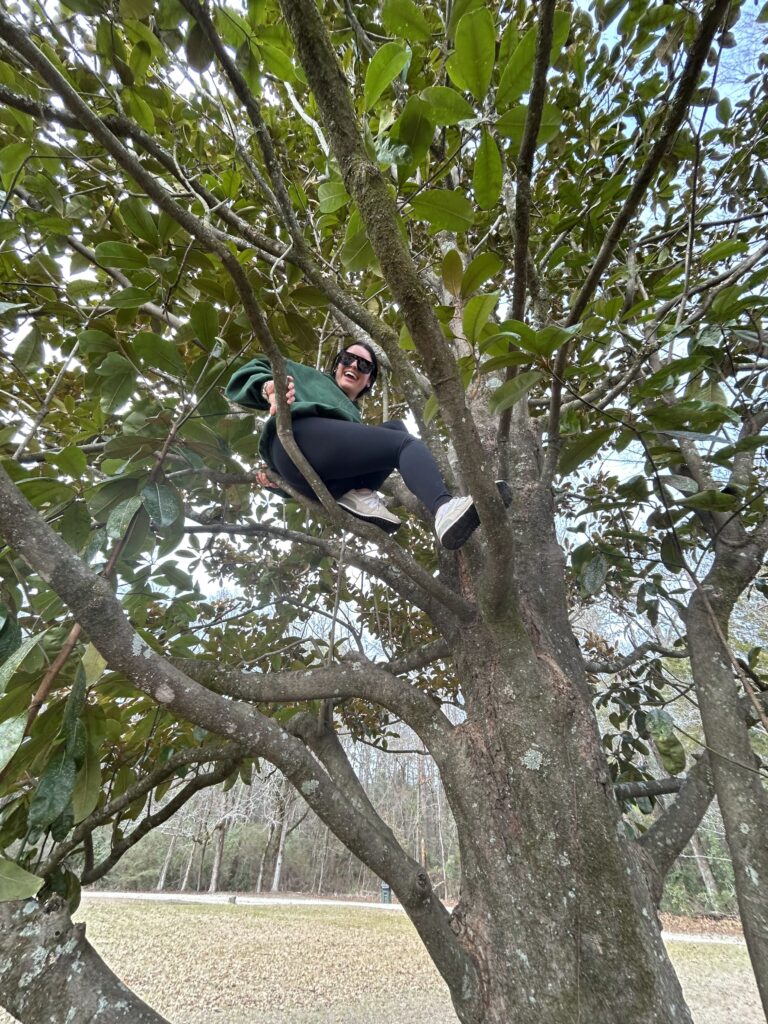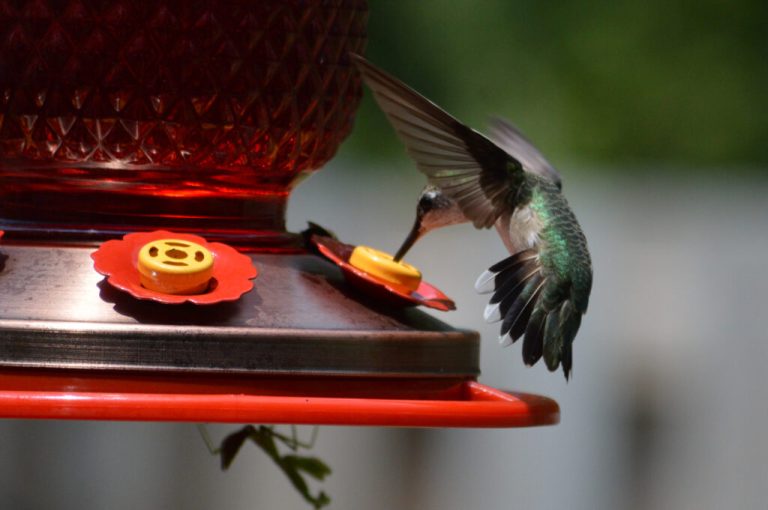Reviewed by: Rushing Waters
It’s Baby Bird Season—here’s what to do if you find one out of the nest
Reading time: 3 minutes

Baby bird season is in full swing across Alabama, which means you might spot a young bird that appears to be orphaned or has fallen from its nest.
But in most cases, the best thing you can do is simply observe and leave it alone.
Keep reading to learn how to tell what stage of development a baby bird is in—and what steps you should (or shouldn’t) take if you find one.
Hatchling, Nestling, or Fledgling? How to Tell the Difference

Before determining whether or not a baby bird needs help, it is important to determine whether it is a hatchling, nestling or fledgling.
Here is how to tell the difference, according to the Alabama Wildlife Center
- Hatchling: Newly hatched birds less than three days old—often blind, featherless + entirely dependent on their parents. They remain in the nest, requiring warmth + constant feeding
- Nestling: Older than hatchlings with some feathers and open eyes. They are still dependent on their parents, but are starting to show more movement + growth
- Fledglings: Adventurous, have left the nest but not fully independent. They can often be seen on the ground or low branches as they learn to fly + forage
Baby Bird Encounters: When to Help and When to Step Back
According to the Alabama Wildlife Center, most baby birds—especially fledglings, who are just figuring out how to fly—don’t need rescuing. They’re going through a normal phase, and their parents are usually nearby keeping an eye on them. Trying to help can actually do more harm than good to their development.
The National Audubon Society says that If you find a nestling, it likely needs help. Look for its nest nearby—if you find it, gently place the bird back. Don’t worry about touching it; birds won’t abandon their chicks just because you’ve handled them.
Whether you find a fledgling or nestling, check if it needs medical help or is in immediate danger. Signs like flies around an open wound or wet feathers when it’s not raining mean the bird likely needs rescuing.
If the baby bird isn’t injured but is at risk from nearby animals or people, gently move it to a safer spot, like a bush or somewhere else out of the way.
Remember to always wash your hands after handling a wild animal.
Found an injured bird or have questions? Call the Wildlife Helpline
If you’ve found a bird showing signs of injury, or if you’re uncertain about the situation, here’s who to call:
- Wildlife Helpline: (205) 663-7930 | Ext. 1
- Alabama Wildlife Center can help find resources near you
- More info on baby bird help
Want more like this in your inbox? Subscribe to our FREE newsletter.



